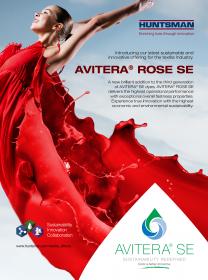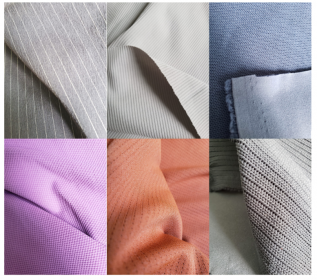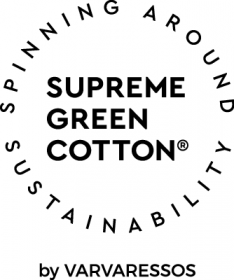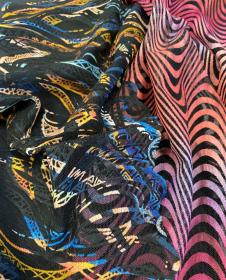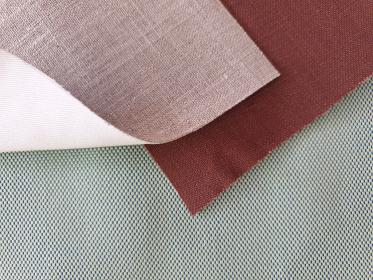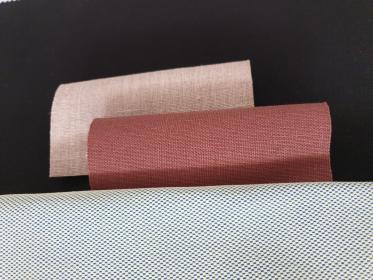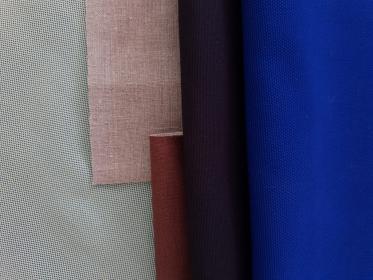OEKO-TEX® New Regulations 2022
The OEKO-TEX® Association has published its annual update of the applicable test criteria, limit values and guidelines for its certifications. All new regulations will finally come into force on 1 April 2022 after a transition period. In addition, the new Impact Calculator is now available for STeP by OEKO-TEX® customers. The tool, which was developed specifically for textile industry operations, provides data on the CO2 and water footprint necessary to achieve the climate targets.
In mid-2022, the association will introduce RESPONSIBLE BUSINESS by OEKO-TEX®, a new certification for brands and retailers committed to international agreements for human rights and environmental protection. OEKO-TEX® aims to support companies in fulfilling due diligence obligations within their own operations and their global supply chains. RESPONSIBLE BUSINESS by OEKO-TEX® was developed in accordance with the UN Guiding Principles on Business and Human Rights and the relevant OECD Guidelines on Responsible Business Conduct.
New and updated limited values
OEKO-TEX® has added bisphenol B (BPB) in the STANDARD 100, LEATHER STANDARD and ECO PASSPORT by OEKO-TEX® certifications and to the STeP by OEKO-TEX® MRSL. The same applies to two additional colourants based on Michler’s ketone/base.
New substances under observation
In 2022, OEKO-TEX® will continue to monitor various substances based on the latest scientific findings and conformity with relevant specifications. This primarily concerns some process preservative agents and the bisphenols F, S and AF. The 2022 new regulations are available in detail for all OEKO-TEX® products on the website www.oeko-tex.com/news.








